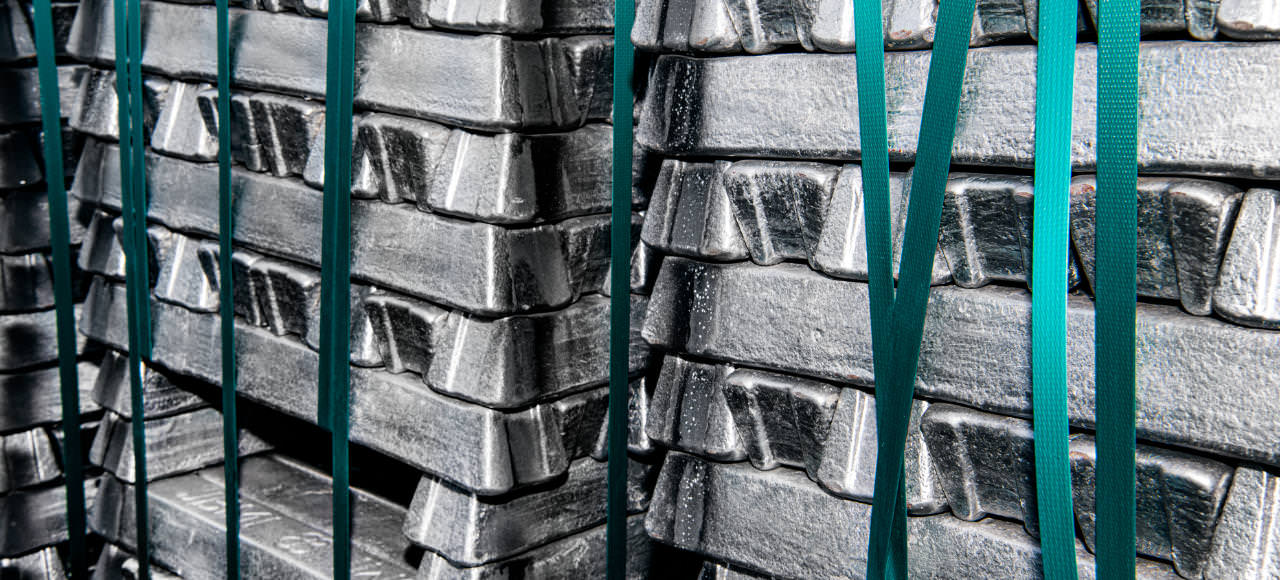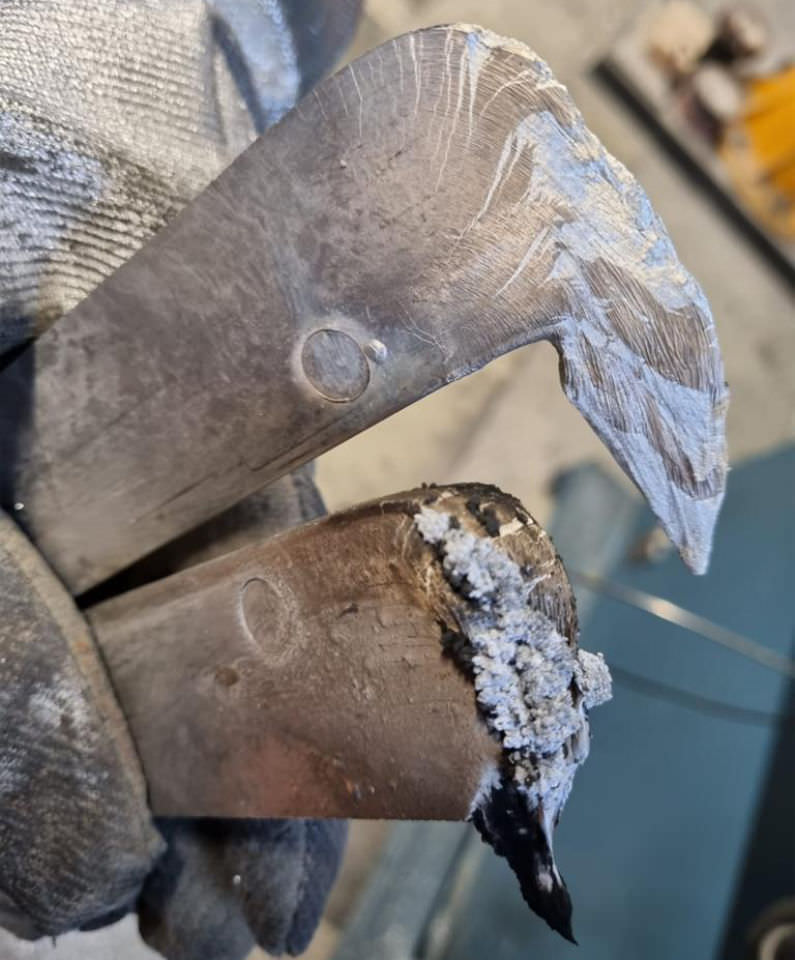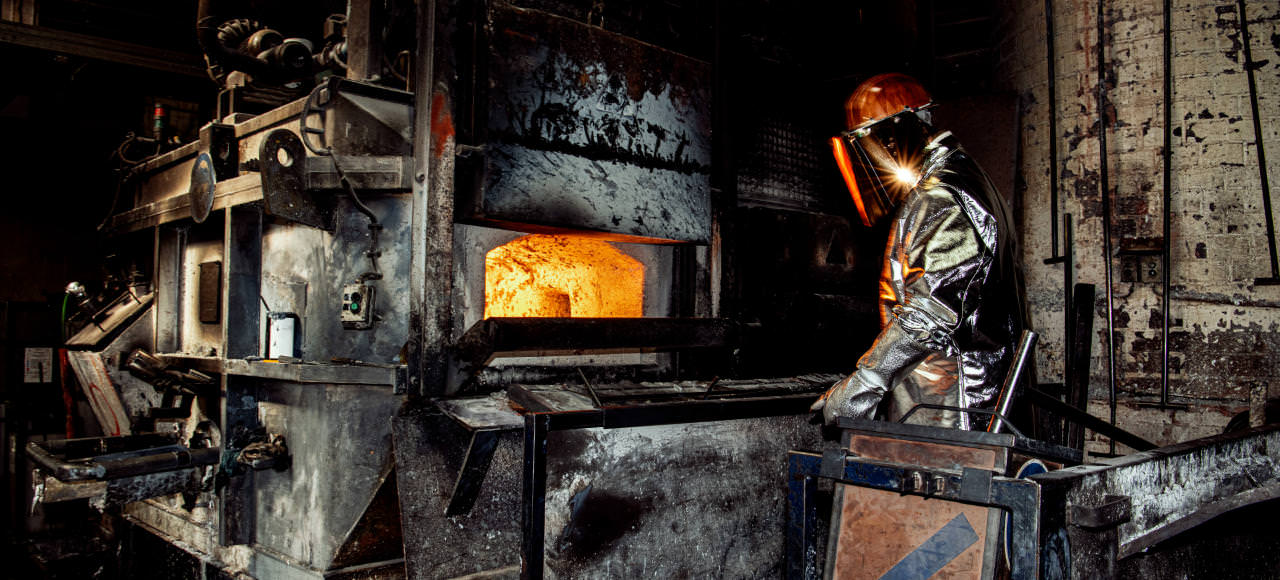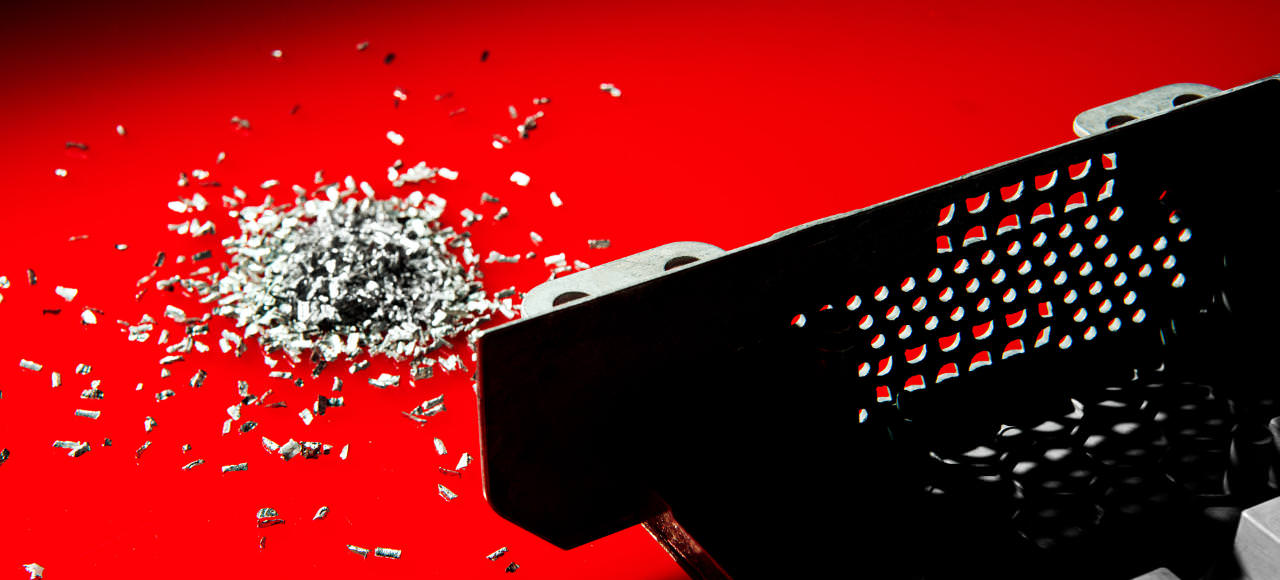We rely on Aluminium and Magnesium


Aluminium
In our Die Casting process, we accurately use different aluminum alloys. Aluminum is the professional light metal that meets all requirements due to its high strength and outstanding
surface quality. In addition, due to its electromagnetic incompatibility, it is ideally suited for electrical components. All alloys are 100% recyclable.
We cast aluminum-silicon and aluminum-silicon-copper standard and special alloys, such as AlSi12, AlSi9Cu3, AlSi12Cu1, AlSi10Mg, AlSi12CuNiMg, ADC6.
More about aluminium Die CastingMagnesium
Magnesium is our metal for super lightweight construction. Due to its low density and thinner wall thicknesses, we support you to reduce the weight of your components by up to 40% compared to those produced in aluminum. 595° Solutions uses Magnesium Thixomolding process for manufacturing, in which metallic chips are inductively melted and cast. Higher mechanical properties and a better energy balance is achieved compared with conventional magnesium high pressure Die Casting (HPDC).
In the magnesium Thixomolding process, we use the alloy AZ91 as standard. Depending on the requirements of your components, we are also available to work alongside you to identify special alloys such as AM60 if needed.
More about Magnesium Thixomolding
MgCarbonit91 – the flame retardant alloy
With MgCarbonit91, we now offer our customers a flame-retardant alloy which we use in the Thixomolding process that exhibits outstanding mechanical properties in tensile tests, such as strength or elongation at break.
Fire tests proved that the alloy does not generate flames but drips off. While standard alloys begin to burn after the initial fire extinguishes, this is not the case with MgCarbonit91. Further tests showed that the castability of the alloy is excellent and that the carbon particles allow the mould filling more smooth. The outcome exhibits less abrasion and greater process stability.


